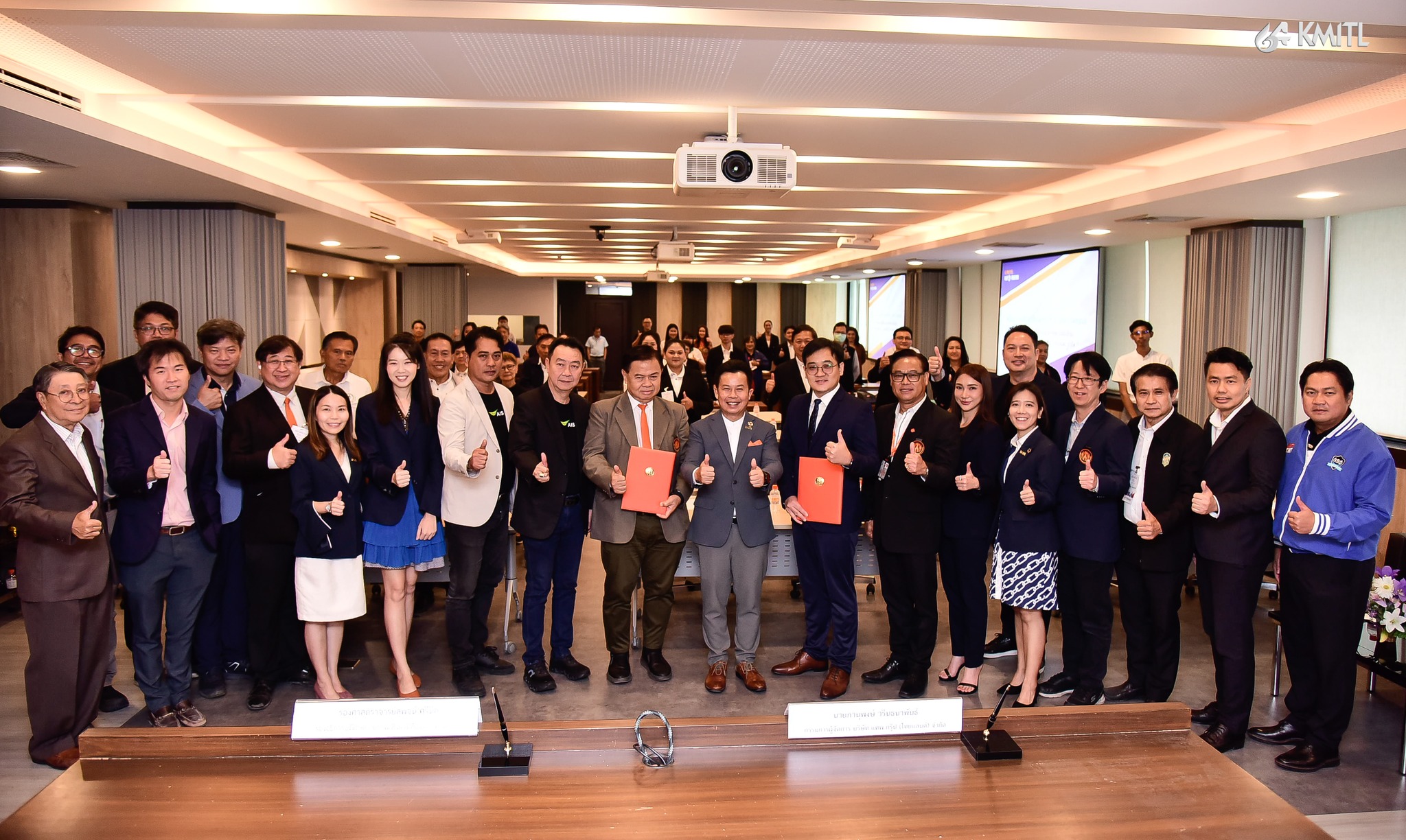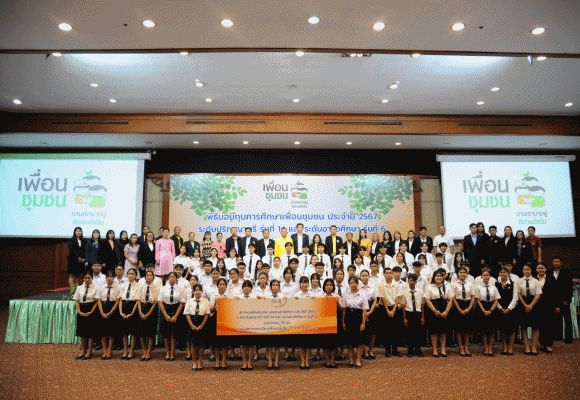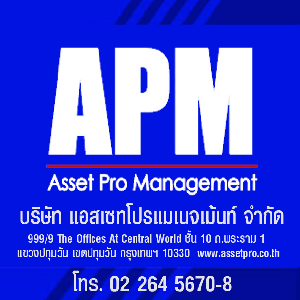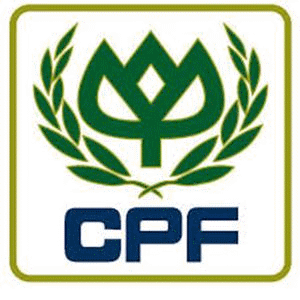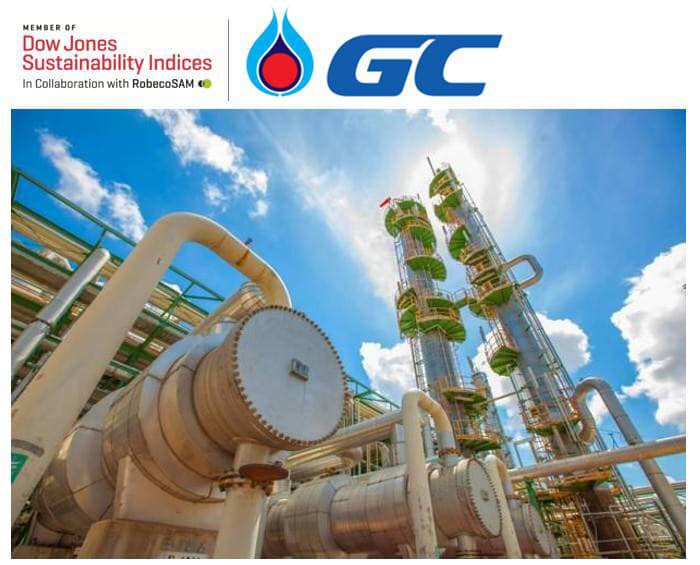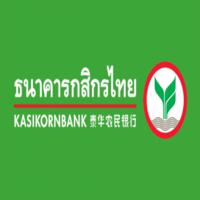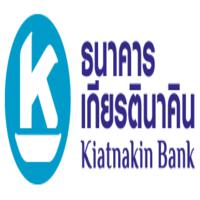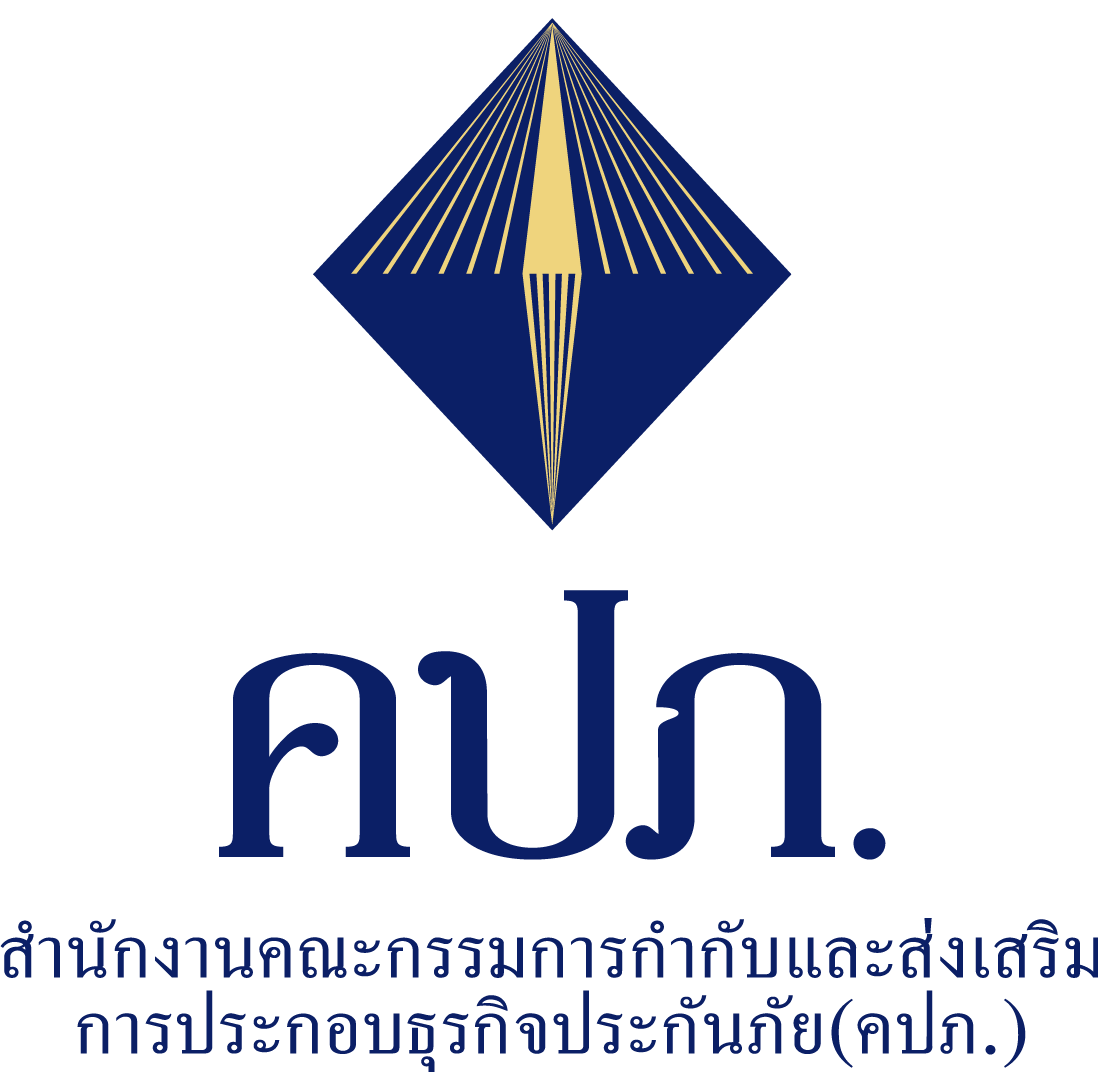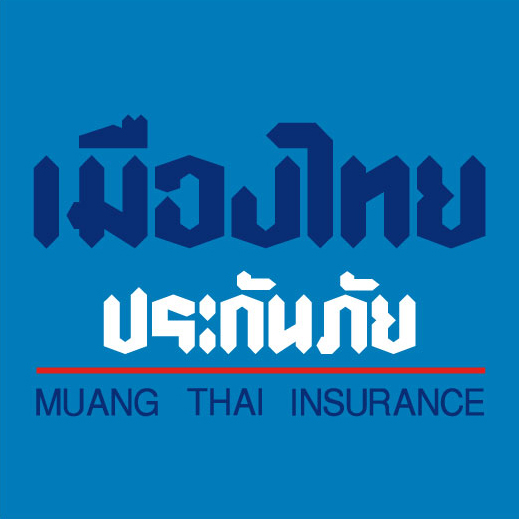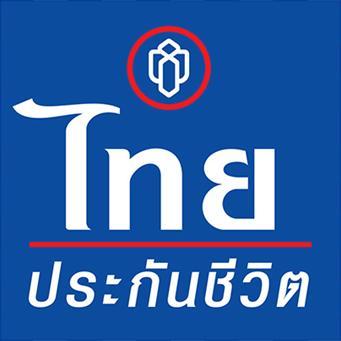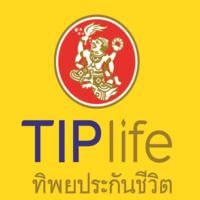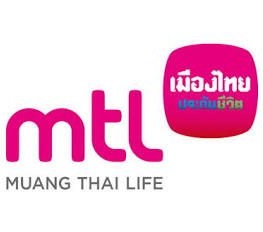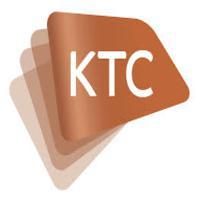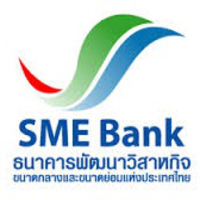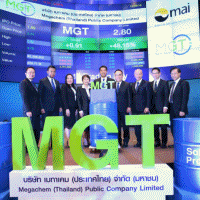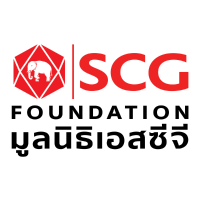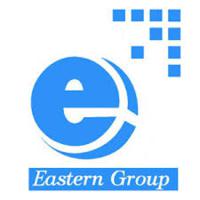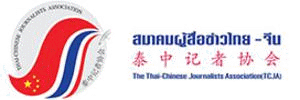- Details
- Category: บทความการเงิน
- Created: Tuesday, 26 January 2016 14:55
- Hits: 3506
 เศรษฐกิจไทยปี 2559: ปีแห่งการลงทุนภายในประเทศทั้งรัฐและเอกชน
เศรษฐกิจไทยปี 2559: ปีแห่งการลงทุนภายในประเทศทั้งรัฐและเอกชน
อีไอซี ประเมินว่า เศรษฐกิจไทยในปี 2559 จะเติบโต 2.5% โดยมีแรงสนับสนุนมาจากการฟื้นตัวของอุปสงค์ภายใน ทั้งจากการลงทุนในโครงสร้างพื้นฐานของภาครัฐที่มีการตั้งงบประมาณลงทุนเพิ่มสูงขึ้นกว่า 20% จากปี 2558 และการลงทุนของภาคเอกชนที่จะกลับมาขยายตัวอีกครั้งหลังจากหดตัวในปีที่ผ่านมา โดยได้รับแรงสนับสนุนจากมาตรการต่างๆ ของรัฐบาล อาทิ มาตรการเร่งรัดโครงการ PPP และ การเพิ่มแรงจูงใจในการลงทุนผ่านสิทธิประโยชน์จาก BOI เป็นต้น นอกจากนี้ ด้านการบริโภคยังคงฟื้นตัวช้าโดยมีแรงกดดันจากรายได้เกษตรกรที่ยังคงตกต่ำ อีกทั้ง ยังต้องเผชิญกับภัยแล้งที่จะส่งผลต่อปริมาณผลผลิตในปี 2559 และหนี้ครัวเรือนในระดับสูง โดยมาตรการกระตุ้นเศรษฐกิจของรัฐบาลจะช่วยให้การบริโภคในหมวดสินค้าไม่คงทนและความมั่นใจผู้บริโภคปรับตัวดีขึ้น แต่น่าจะมีผลแค่ในระยะสั้น ทั้งนี้ ภาคการท่องเที่ยวจะเป็นหนึ่งในแรงขับเคลื่อนเศรษฐกิจไทยในปีนี้ โดยปริมาณนักท่องเที่ยวต่างชาติจะเพิ่มขึ้นถึง 9% ซึ่งนำโดยนักท่องเที่ยวจีน
อีไอซี เชื่อว่ารัฐบาลจะสามารถผลักดันให้เกิดการลงทุนได้ในปีนี้ แต่ปัจจัยลบจากต่างประเทศที่เพิ่มขึ้นจะยังคงฉุดรั้งการเติบโตของเศรษฐกิจไทย แม้ว่าสภาวะเศรษฐกิจโลกจะปรับตัวดีขึ้นเล็กน้อยแต่ยังคงมีความเปราะบางสูง โดยการเติบโตของเศรษฐกิจโลกในปีนี้จะเป็นไปอย่างช้าๆ โดยอาศัยแรงสนับสนุนหลักจากการฟื้นตัวของอุปสงค์ภายในประเทศของเศรษฐกิจขนาดใหญ่ ทำให้ภาคบริการกลายเป็นแรงขับเคลื่อนหลักของเศรษฐกิจในทุกภูมิภาค รวมทั้งจีน ในขณะที่ภาคอุตสาหกรรมยังคงได้รับผลกระทบจากกำลังการผลิตส่วนเกินและการชะลอตัวของอุปสงค์ในจีน ทำให้การค้าระหว่างประเทศยังคงไม่ดีขึ้น อีกทั้ง ราคาน้ำมันและสินค้าโภคภัณฑ์ที่มีแนวโน้มทรงตัวอยู่ในระดับต่ำในปีนี้ ประกอบกับปัญหาเชิงโครงสร้างที่ยังคงเรื้อรัง ปัจจัยข้างต้นเป็นอุปสรรคสำคัญต่อการขยายตัวของภาคการส่งออกไทย ทำให้อีไอซีประเมินว่าภาคการส่งออกไทยจะยังคงซบเซาและมีแนวโน้มไม่เติบโตในปี 2559
ปัจจัยเสี่ยงหลักต่อเศรษฐกิจโลกยังคงเป็นปัจจัยเดิมที่มีต่อเนื่องจากปีที่ผ่านมา ด้วยราคาน้ำมันและสินค้าโภคภัณฑ์ที่ยังคงอยู่ในระดับต่ำซึ่งเกิดจากอุปทานส่วนเกินที่ยังคงมีล้นตลาด และการชะลอตัวของการเติบโตของอุปทานจากจีน อีไอซีมองว่าในปี 2016 ผลกระทบของปัจจัยดังกล่าวนี้จะมีน้อยลง เนื่องจากผู้ประกอบการมีการปรับตัวในช่วงหนึ่งปีที่ผ่านมา อีกทั้ง ด้านความเสี่ยงเงินทุนไหลออกซึ่งดำเนินต่อเนื่องมาจากในปี 2558 น่าจะมีจำกัด หากการปรับนโยบายทางการเงินของธนาคารกลางสหรัฐฯ เป็นไปอย่างค่อยเป็นค่อยไปและไม่ต่างจากการคาดการณ์ของตลาดมากนัก โดยอีไอซีมองว่าธนาคารแห่งประเทศไทยจะคงดอกเบี้ยนโยบายที่ระดับ 1.5% เพื่อเอื้อต่อการฟื้นตัวของเศรษฐกิจภายในประเทศ ทั้งนี้ค่าเงินบาทมีแนวโน้มอ่อนค่าเช่นเดียวกับเงินสกุลอื่นในภูมิภาคไปอยู่ที่ 37 บาทต่อดอลลาร์สหรัฐฯ ในช่วงปลายปี 2559
Thai economy: Year of domestic growth engine
SCB Economic Intelligence Center (EIC) forecasts that Thailand’s GDP will grow 2.5% in 2016. Growth will continue at a moderate pace, similar to the 2.5% rate EIC estimates for 2015. The fragile state of the global economic recovery will continue to be a headwind for the Thai economy in the year ahead. Global growth will be supported mainly by the rebound of domestic demand in the advanced economies. This will help the service sector become an important engine of economic growth in all regions, China included. The manufacturing sector, on the other hand, will grow only slowly because international trade flows remain sluggish. This trend is now a major hurdle to growth in Thailand’s export sector. The prices of crude oil and other commodities will likely stay low or increase only slightly in 2016. Given these factors and other structural problems, EIC expects Thai exports to stagnate in 2016.
Thailand’s growth in 2016 will rely substantially on domestic demand, especially domestic investment. The government’s budget for investment in infrastructure is set to increase by 20% from 2015. Stimulus packages will drive private investment back into expansion after shrinking in 2015. The packages include the Pubic-Private Partnership fast-track measure and new incentives from the Board of Investment. On the consumption side, recent economic stimulus measures have boosted non-durables consumption and consumer confidence, but the effect is likely to be short-lived. Farm incomes have been depressed by falling prices and will be further weakened by drought in 2016. The high level of household indebtedness will stay high. On the bright side, one key industry that will remain a growth engine is tourism. Thailand’s number of foreign tourists will rise by 9% to a record high, led by arrivals from China.
The key global risk factors seen in 2015 will remain in place in 2016. Oil prices and commodity prices will stay low, as supplies continue to flood the market and Chinese demand slows. EIC anticipates that these factors will have less impact in 2016 because businesses have now had time to adjust their operations since the price slump began. Capital will continue to flow out of Thailand but more moderately than in 2015, as long as the U.S. Federal Reserve adjusts its monetary policy gradually and in a predictable manner. EIC expects the Bank of Thailand to keep its policy interest rate on hold to support the recovery of domestic growth. Similar to other regional currencies, the Thai baht will weaken, reaching 37 THB/USD at the end of 2016.











